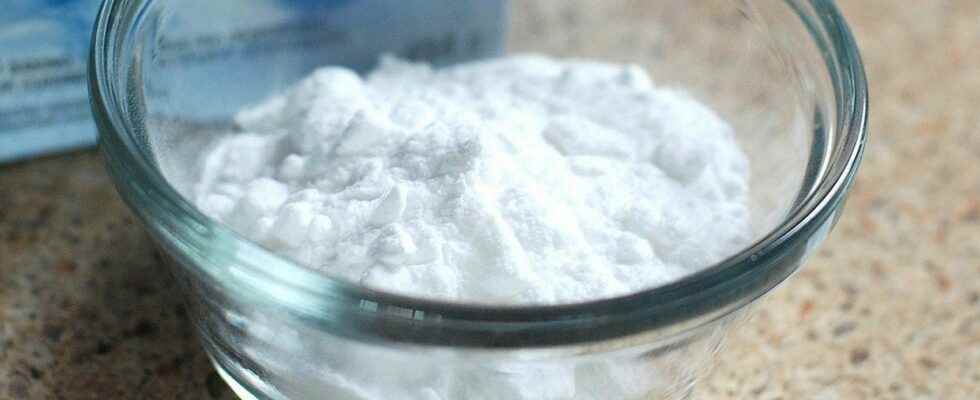Kefir is a fermented milk product similar to yogurt but with a finer texture. It contains a significant amount of protein and contains probiotic type bacteria. It is a very healthy food, which explains the increase in its popularity. What are its benefits for our health?
You will also be interested
[EN VIDÉO] Nutritional genomics Genetics influence our reactions to food, but an analysis allows us to better adapt our diet to our genotype.
Kefir grains originated in the Caucasus and are composed of different microorganisms which are good for bowel regulation. Kefir is a drink made from the culture of these grains that improves intestinal flora and promotes theimmunity because it is made up of bacteria probiotics and of yeasts.
Kefir bacteria can be grown safely at home, production of the drink is easy and resembles the process of making yogurt natural.
There are two types of kefir: milk and water. Both contain the same bacteria and yeasts, but are suitable for different environments. Moreover, these two types of kefir can be differentiated according to the enzymes present in their composition.
What are the benefits of kefir?
Fermented foods such as kefir are getting a lot of attention due to the ability of probiotics to balance intestinal flora and regulate the digestion. Thanks to the intake of probiotics, those who suffer from diseases of irritable bowel or digestive difficulties due to a cure ofantibiotics may experience relief after ingesting this food.
Thanks to its content of vitamin D and in calciumkefir has many benefits for the bones and for the smooth running of a pregnancy in pregnant women.
As food probioticthe main benefits of kefir are:
- decrease the constipation because the good bacteria improve digestion and promote the intestinal transit ;
- fight the inflammations intestines, a healthy flora is the main factor in prevention diseases;
- facilitates the weightloss because it is rich in protein and has few calories ;
- helps fight theosteoporosis because it is rich in calcium;
- prevent the gastritis ;
- strengthen the immune system because it keeps the intestinal flora healthy, which prevents infection by microorganisms via the intestine.
Where to get kefir?
It is possible to buy kefir grains on sites Internet specializing in natural products, and milk or kefir yoghurts can be found in supermarkets or organic food stores. In addition, donations between friends or via the social networks are very common. Indeed, the grains are grown in an environment liquid and multiply rapidly over time, so those who have them at home usually gift them to family and friends.
Are there any contraindications to kefir?
Kefir is contraindicated in case of cancer of the gastrointestinal systemit should not be consumed 2 hours before and after taking medications containing bisphosphonate, fluoride or tetracyclines. This prevents it from interfering in theabsorption of the drug. The fermentation kefir causes a small production ofalcohol and therefore may be harmful to people with diseases of the liver.
Excessive consumption of kefir can also cause problems such as pains abdominals and diarrhea. It is therefore recommended not to ingest more than one glass of kefir per day.
Kefir is a low-calorie food: 100 g contains only 37 calories, which makes it a good option to use in weight loss diets. It can be used to replace milk or yogurt.
Interested in what you just read?
